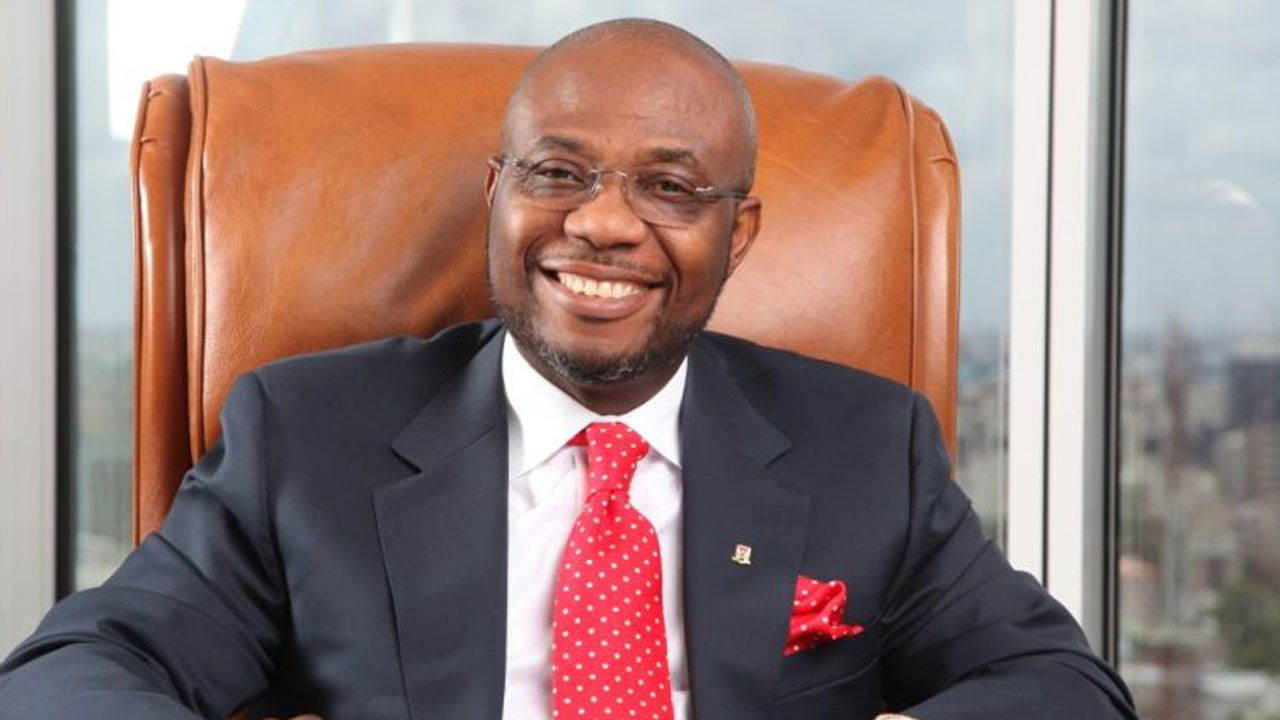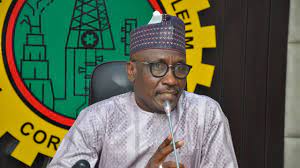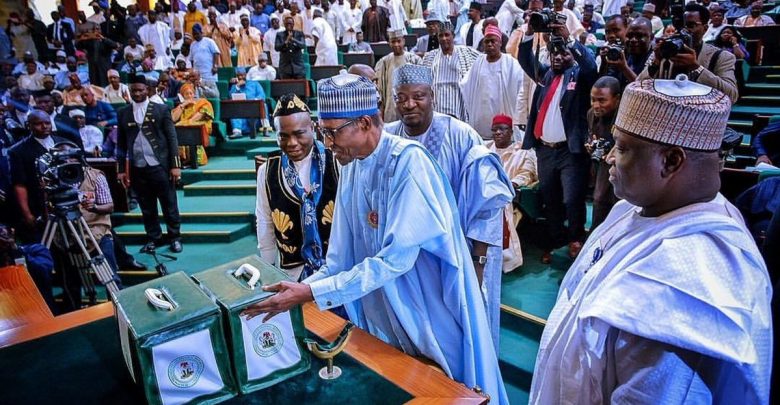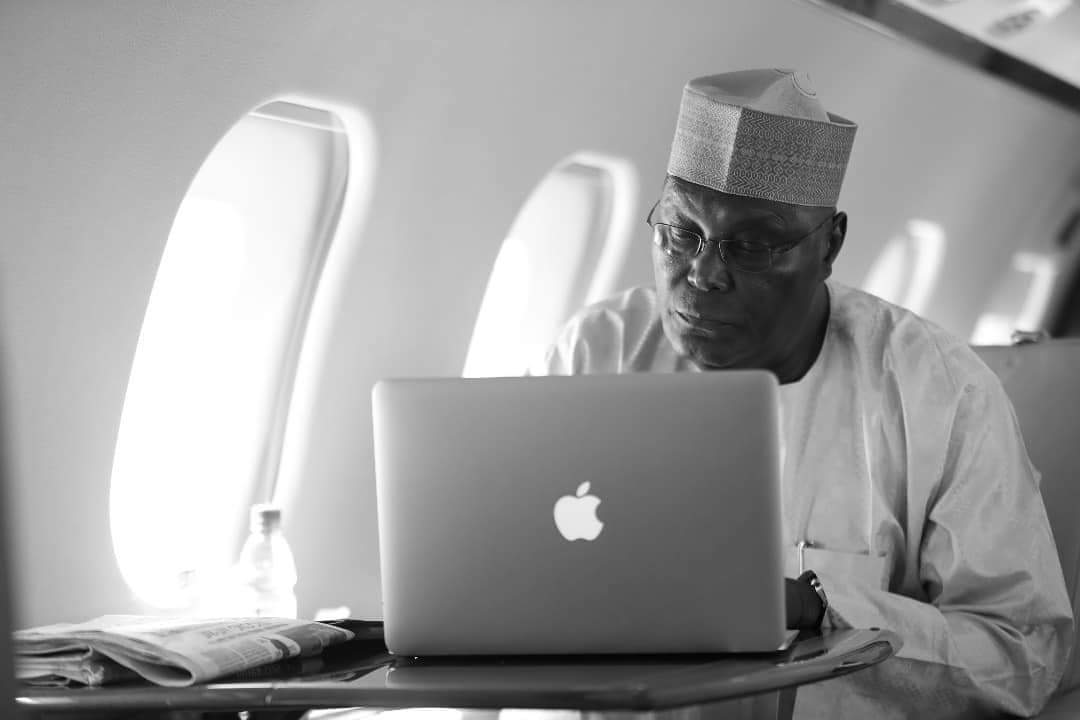The unfortunate truism that whenever crude oil price is rising, it presents two-way conditions for Nigerian economy is beginning to play out since the oil prices began to steady at above $70.
It would be recalled that Minister of Finance, Mrs. Kemi Adeosun had explained severally that because of the fact that Nigerian economy is largely dependent on crude oil sales, rising oil price will mean both good and bad for the country.
“Good in the sense that the government will make more income and grow foreign reserves. Bad in the sense that local fuel price and other imported goods may face shocks due to cost differentials’.
Business Hilights Intelligence Unit (BHIU) has observed that almost every shipping firm serving Nigerian route including Maersk and Mediterranean Shipping Company, had announced a rate hike in prices of bunker fuel which is a fallout of higher oil prices.
The fuel used to power ships is technically known as bunker fuels and Nigeria, which depends on importation for machinery, fuel and other items, might need to pay for the increased prices. The implication is that consumers would either have to pay for the additional cost if the shipping companies fail to absorb the increased costs.
There are however some anxiety that the increased rates may affect the landing cost of petrol and other petroleum products. Crude oil prices have returned to 2014 highs on rising tensions between the US and Iran after the former backed out of a nuclear deal.
Maersk is the world’s largest container ship and supply vessel operator and Mediterranean Shipping Company is ranked the second largest. Maersk said the emergency bunker surcharge will take effect from June 1.
Though there has not been pronounced scarcity of petrol in the last three week when oil prices crossed $60, there are strong indication that the federal government is spending heavily in either subsidy payment or what the NNPC termed under-recovery.
Industry pundits say the government is ready to sacrifice anything to avoid any form of fuel scarcity or price increase so as not to fall into the hands of opposition ahead of 2019 election.
The opposition had been arguing that cost of living had been worst in the last three years due to what they described as lopsided leadership structure and misplacement of priorities.









